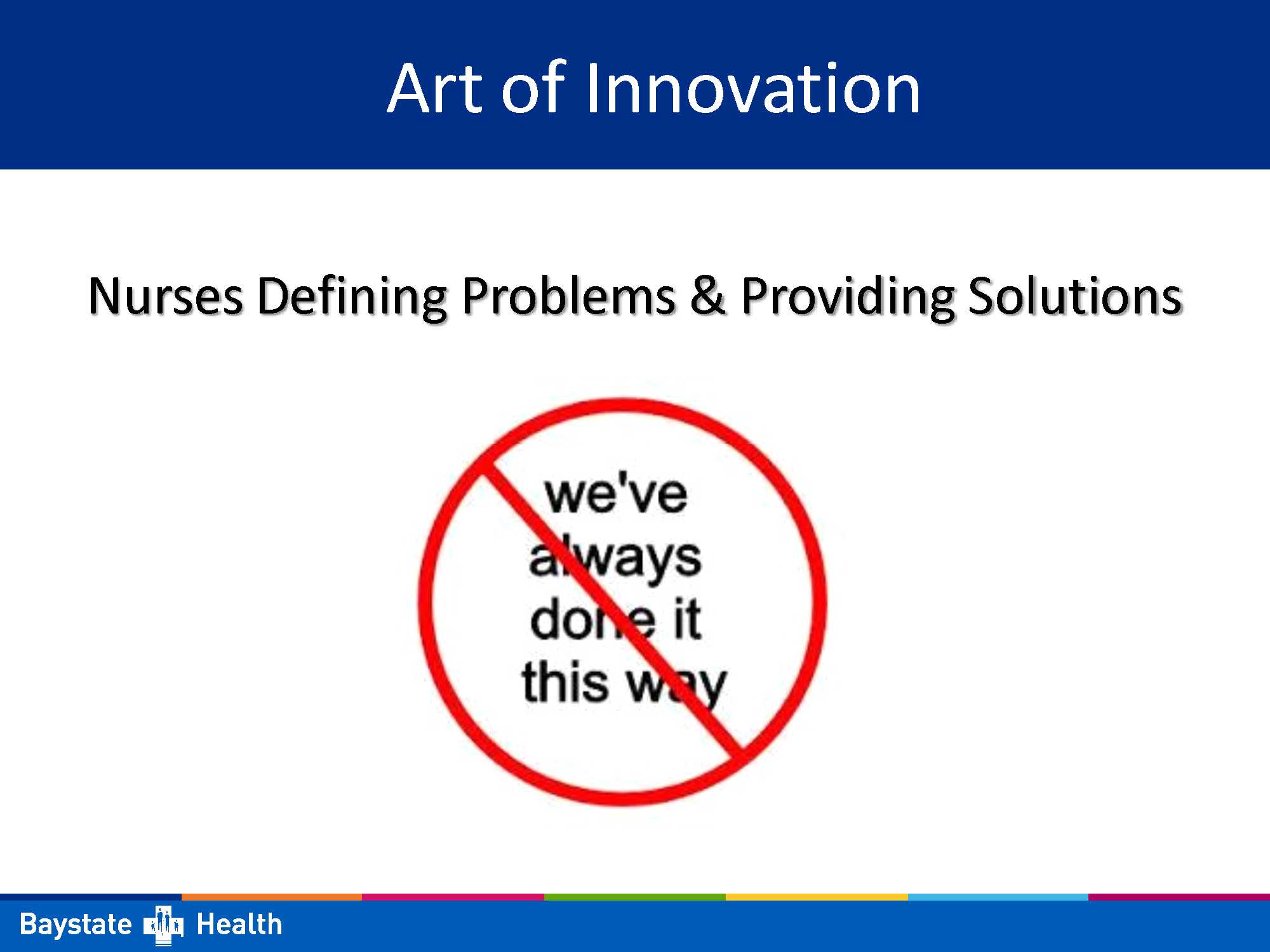Preview

Creation Date
10-2017
Description
Sleep is an important biological function that is necessary for both physiological and psychological wellbeing. Very commonly, hospitalized intensive care unit (ICU) patients complain of sleep deprivation and/or poor quality of sleep. When in the ICU, critical illnesses, machinery alarms, environmental noises, frequency of interventions, artificial lighting, and even effects of medications are contributing factors to sleep disruption. Despite that the majority of ICU patients are placed on continuous pain and sedation management modalities, these interventions disrupt the natural sequence of sleep thus negatively influencing sleep quality. Although the relationship between sleep deprivation and delirium is not well determined, there have been various hypotheses describing sleep deprivation as one of the contributing etiologies to delirium. 45-87% of patients admitted to ICU develop delirium. We wanted to explore whether or not there exist a relationship between delirium and sleep deprivation in our ICU. For this purpose we have established sleep and quiet time between 2pm-4pm every day. The period is announced through an overhead notice. During this period, lights are dimmed, nursing care activities are modified, and noise reduction strategies are placed into action. In addition, staff education will be introduced as a second intervention providing participants (nurses, PCTs, OA, medical team) with tools and strategies to improve sleep experiences for our patients. We aim to compare the incidence of delirium in our ICU prior to and after instituting the quiet time intervention and educational activities and to explore patient/family feedback in relation to unit atmosphere and sleep experiences. Results will help us determine if instituting the quiet time and decreasing distractions will improve a patient’s quality of sleep and reduce delirium in the Medical and Surgical ICU.


